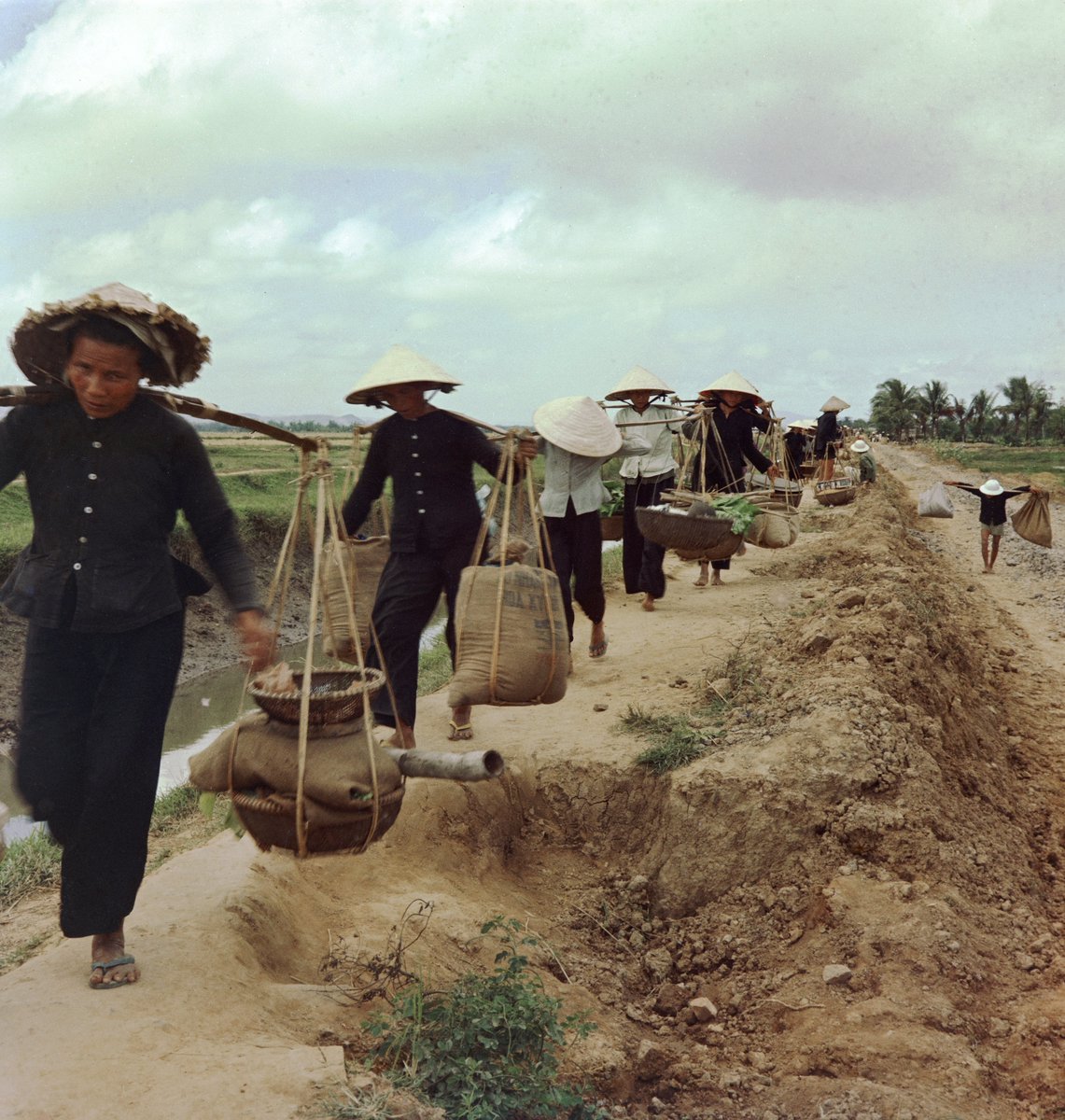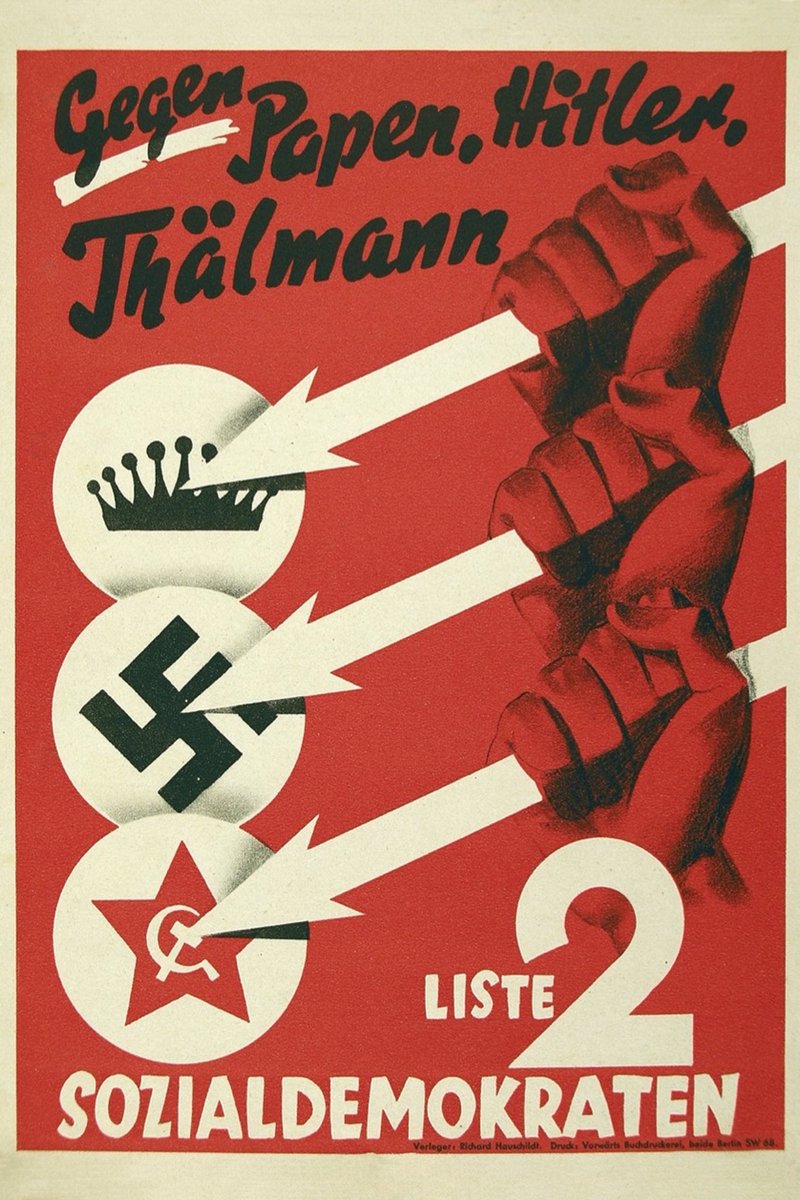
Development economist. Research Fellow at @coeff_giving. PhD @berkeleyecon, AB @harvard. Views my own.
How to get URL link on X (Twitter) App


 After the 1950s reform, rice yields in 🇹🇼 rose by 40%. The longstanding view—seen in Joe Studwell's excellent How Asia Works—is that land reform boosted productivity, launching 🇹🇼's extraordinary takeoff.
After the 1950s reform, rice yields in 🇹🇼 rose by 40%. The longstanding view—seen in Joe Studwell's excellent How Asia Works—is that land reform boosted productivity, launching 🇹🇼's extraordinary takeoff.

 Hirschman was born in Berlin in 1915 to a Jewish family. He was just a teenager when he became involved as an activist in the Social Democratic Party (SPD), which was confronting Hitler’s rising Nazi Party in the streets.
Hirschman was born in Berlin in 1915 to a Jewish family. He was just a teenager when he became involved as an activist in the Social Democratic Party (SPD), which was confronting Hitler’s rising Nazi Party in the streets. 

 In 1967, 🇺🇸 was mired in the Vietnam War. The corrupt South Vietnamese regime was doing little for its people: in 1966, 42% of farmers were landless peasants.
In 1967, 🇺🇸 was mired in the Vietnam War. The corrupt South Vietnamese regime was doing little for its people: in 1966, 42% of farmers were landless peasants.

 Starting in Anhui Province in 1978, the Household Responsibility System (often incorrectly attributed to Deng Xiaoping) broke up Mao's collective farms and brought back household farming—loosely, the end of communism in rural China.
Starting in Anhui Province in 1978, the Household Responsibility System (often incorrectly attributed to Deng Xiaoping) broke up Mao's collective farms and brought back household farming—loosely, the end of communism in rural China.

 In 1967, 🇺🇸 was mired in the Vietnam War. The corrupt South Vietnamese regime was doing little for its people: in 1966, 42% of farmers were landless peasants.
In 1967, 🇺🇸 was mired in the Vietnam War. The corrupt South Vietnamese regime was doing little for its people: in 1966, 42% of farmers were landless peasants.

 Hirschman was born in Berlin in 1916 to a Jewish family. He was just a teenager when he became involved as an activist in the Social Democratic Party (SPD), which was confronting Hitler’s rising Nazi Party in the streets.
Hirschman was born in Berlin in 1916 to a Jewish family. He was just a teenager when he became involved as an activist in the Social Democratic Party (SPD), which was confronting Hitler’s rising Nazi Party in the streets. 
